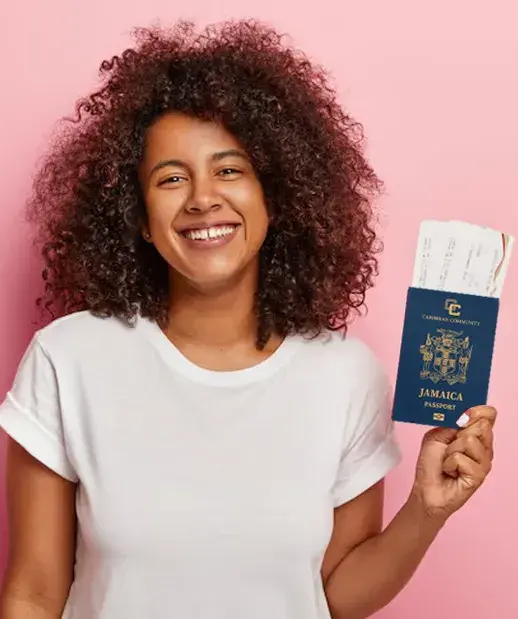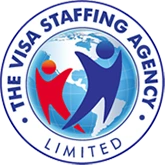Introduction to the H-1B Visa
The H-1B visa is a temporary work visa that allows U.S. employers to hire foreign workers in specialty occupations. These occupations require highly specialized knowledge and typically require a bachelor’s degree or its equivalent. The H-1B visa is commonly used for faculty and academic positions, such as Assistant Professor or Associate Research Scientist. The program is capped annually at 65,000, with an additional 20,000 reserved for workers with advanced degrees from U.S. universities.


